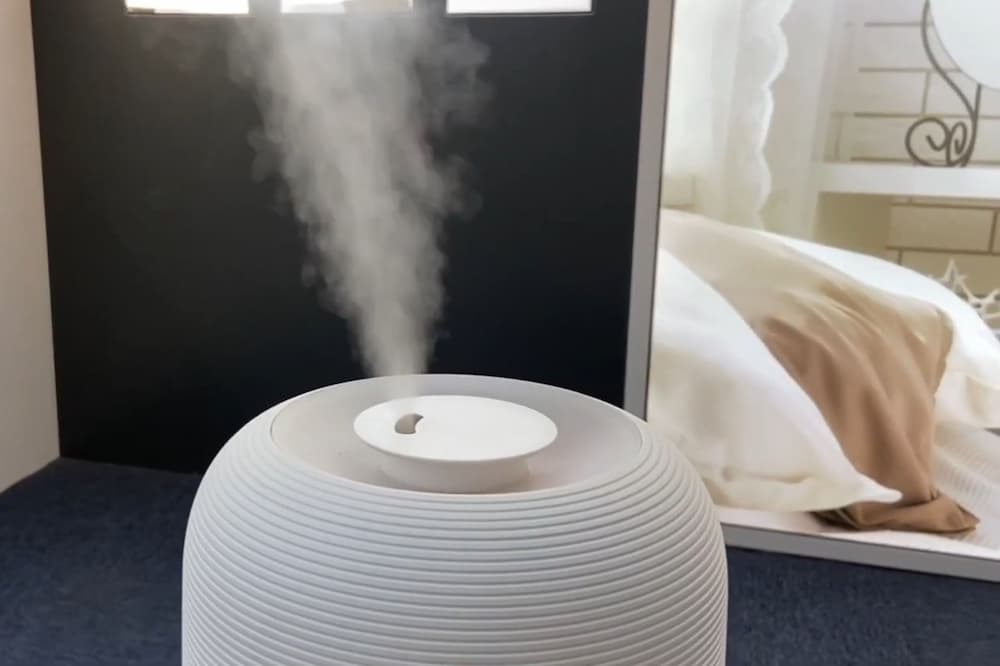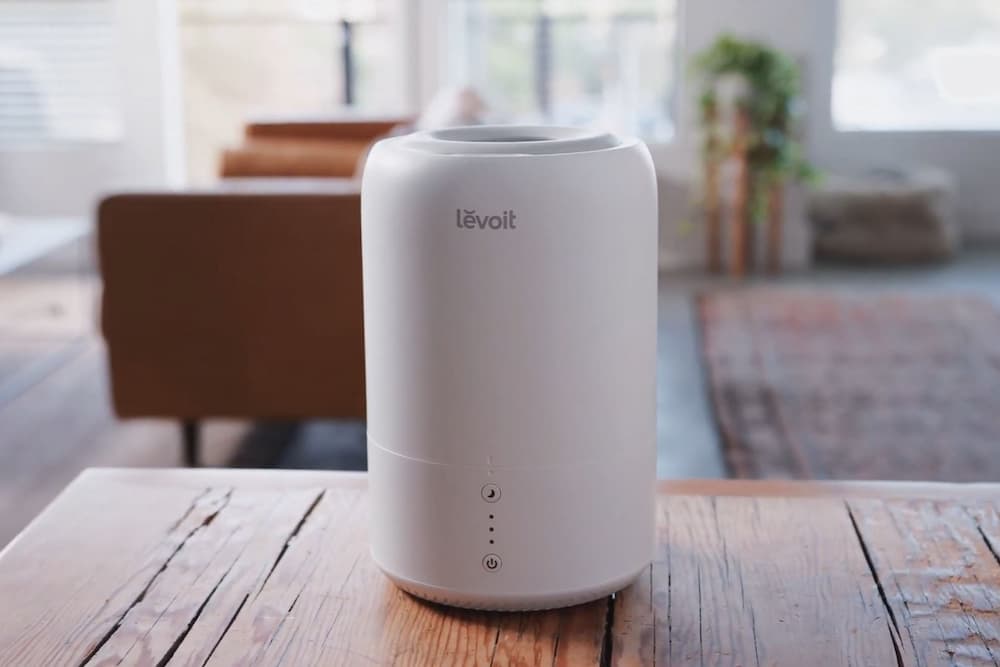Can I Use Tap Water in My Humidifier?
Humidifiers are great for adding moisture to dry indoor air and relieving dry skin, sinus congestion, and other respiratory issues.
However, many people wonder whether they can use tap water in their humidifiers, especially if they don’t have access to distilled or demineralized water.
While it may be tempting to use tap water, it’s important to know the potential risks and drawbacks before making a decision.
In this article, I’ll explore the question of whether tap water can be used in a humidifier and discuss the pros and cons of tap water to help you make an informed decision.
Contents
Can I use tap water in my humidifier?
No, you should avoid using tap water in your humidifier. Regular use of unfiltered tap water will lead to mineral deposits, mold, and bacterial growth in the humidifier water tank. Use tap water in the humidifier only if the user manual of your appliance specifically allows it.
If you do not clean the humidifier regularly, tap water could damage your appliance and potentially disperse harmful microorganisms throughout your house. Whether or not tap water is entirely safe depends on the source and type of tap water.
Moreover, due to the location, tap water also may contain germs and harmful microbes. So, when using tap water, all of the germs release into the open, increasing the risk of issues breathing, especially in children.

Why isn’t tap water safe to use in my humidifier?
Tap water is safe depending on the source, but in the long run, it might become harmful for the ones who inhale air from the humidifier. Humidifiers have humid conditions, making them ideal places to grow bacteria and mold. So, the eventual increase of minerals and spread of mold can harm your family. It can also hamper your humidifier’s functionality.
Additionally, you might notice other undesirable problems like white dust, which means you have hard water evaporating from your humidifier. The mineral composition of your tap water causes the white powder to be created during the heating and cooling process. This is what emits water as water vapor. It is not hazardous but can be inconvenient with all the dust accumulated on the furniture.
Another undesirable issue you might come across is mold. If you start noticing the growth of pink mold inside the tank or your humidifier starts smelling musty, it may indicate that mold is growing in your humidifier tank. Although mold can form even with distilled water, the mineral concentration of your water may affect how frequently this mold appears.
Can I use filtered tap water in my humidifier?
No, you should not also use filtered tap water. Why? Because while the word ‘filtered’ may seem to give some assurance, you cannot fully filter the mineral components in the water. So, if you would still like to take a chance, ensure to empty excess water and maintain a strict routine to clean the water tank in your humidifier properly.
Can I use boiled tap water in my humidifier?
No, you should not use boiled tap water in your humidifier. Boiled tap water is another sort of water that should not be used in a humidifier. Although the temperatures are eradicating the microorganisms that are present, the dissolved minerals and solid residues remain.
Boiled water has the maximum mineral concentration when compared to other types of water. As the vapor evaporates from heating, the water-to-mineral ratio increases.
However, you might question why boiled water and distilled water aren’t treated the same way. This is a prevalent misunderstanding among the general populace. The vapor from boiled water is collected and used to make distilled water. As a result, there are no residues or dissolved minerals in it. Boiling water, on the other hand, just heated and collected amongst itself.
Is it, however, superior to regular tap water? Definitely! This is because heating kills mold spores, preventing germs from growing.

How to make tap water safer for humidifiers?
There aren’t safety procedures to make tap water safe for humidifiers. Instead, you should use distilled, demineralized, or purified water in your humidifier. Using these types of water can prevent mold and bacterial growth as well as mineral deposition.
Luckily, you can make distilled water at home if you follow the steps I have described in this article. First, bring water to a boil and place a glass bowl inside the pot. Then, place the pot’s lid but invert it. Put a big block of ice on the lid so that when water evaporates, it condenses on the top and drips into the bowl. Keep this going for a while; the water collected in the glass bowl is your distilled water.
Final Thoughts
In conclusion, while tap water may seem like a convenient and affordable option for filling up your humidifier, it’s important to consider the potential risks and drawbacks.
Tap water can contain minerals, impurities, and microorganisms that can lead to mineral buildup, clogs, and the release of harmful particles into the air. Over time, this can damage your humidifier and compromise your health, particularly if you have respiratory issues.
Instead, it’s best to use distilled or demineralized water, as they are free from minerals and other contaminants. If you don’t have access to these types of water, you can use filtered tap water or reverse osmosis water as an alternative, but keep in mind that they may not be as effective.
By following these recommendations, you can help to ensure that your humidifier operates safely and effectively, providing the maximum benefits for your health and comfort.

